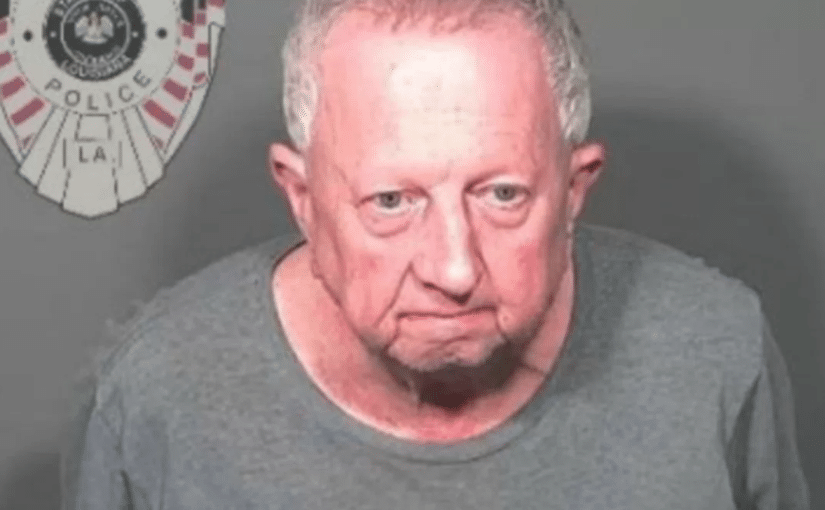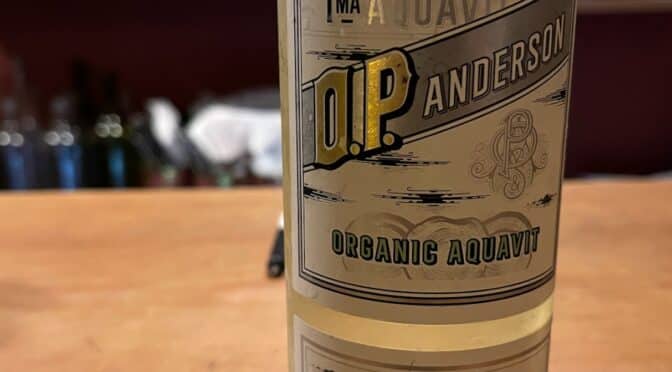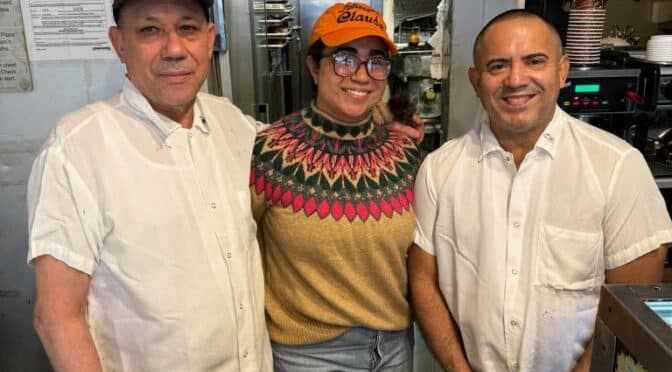A player in the Nigerian Prince scam was arrested in Slidell, Louisiana and it turns out he’s a Slidell hometown boy. Slidell police arrested 67-year-old Michael Neu and charged him with 269 counts of wire fraud and money laundering. Investigators suspect that Neu acted as the middle man in hundreds of “Nigerian Prince” internet and phone scams that conned money from victims in the United States. The charges allege that Neu wired some of the money he collected to co-conspirators in Nigeria.

Slidell police posted the information about the arrest on the department’s Facebook page.

They say the 18-month investigation continues, but poses a challenge because many of those involved live in other countries.
You probably know how the scam works. Several of these emails blasted through the spam filter in the past couple of months. They generally say something like you are the beneficiary in a will and you stand to inherit a million dollars or more. To claim the money and prove you are the beneficiary, they ask you to send bank account or credit card numbers. Or, this Nigerian prince has inherited money and needs to pay fees, or bribe officials to get the money and transfer it out of Nigeria with your help. He’ll split some of the big money with you. But first you have to send bank account, or credit numbers in fax given in the letter, or via email.
While most people delete, delete, delete these emails, unfortunately some grasp for the ring they hope is made of gold. Once they give up their personal information, thieves work quickly to steal their money and then disappear.
Law enforcement officials find it hard to track the criminals. Even if they do, they often can’t bring them to justice or collect the money because they are not in the United States.
Previous investigations found Nigerian Prince scammers working out of coffee shops in Nigeria, London and Canada. The FBI calls this the 419 Fraud because the scheme violates the 419 section of the Nigerian criminal code.
The FBI offers these tips for dealing with 419 Scam.
If you receive a letter or e-mail from Nigeria asking you to send personal or banking information, do not reply in any manner.
Send the letter or message to the U.S. Secret Service, your local FBI office, or the U.S. Postal Inspection Service.
You can also register a complaint with the Federal Trade Commission’s Complaint Assistant.
If you know someone who is corresponding in one of these schemes, encourage that person to contact the FBI or the U.S. Secret Service as soon as possible.
Be skeptical of individuals representing themselves as Nigerian or foreign government officials asking for your help in placing large sums of money in overseas bank accounts.
Do not believe the promise of large sums of money in exchange for your cooperation. Guard your account information carefully.




